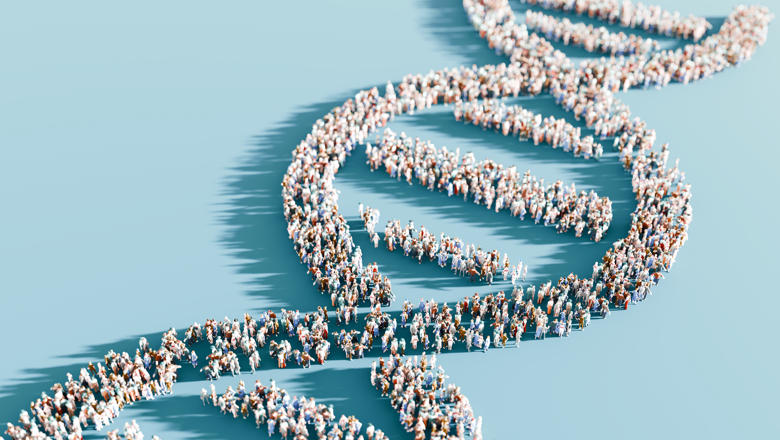The world’s largest and most diverse genetic study ever into major depression has revealed nearly 300 previously unknown genetic links to the condition.
Published in Cell, the study found that 100 of the newly discovered genetic variations – small differences in the DNA sequence that makes up a gene – were identified due to the inclusion of people of African, East Asian, Hispanic and South Asian descent.
Previous research into the genetics of depression has focused primarily on white populations that originally descended from people living in Europe. Therapies developed using genetic approaches may, therefore, not be effective in other ethnicities, widening existing health inequalities.
Each single genetic variant has a very small effect on the overall risk of developing depression. If a person has multiple variants, these small effects can add up, increasing their risk.
The international research team, led by the Institute of Psychiatry, Psychology & Neuroscience (IoPPN) at King’s College London and the University of Edinburgh, were able to more accurately predict an individual’s risk of depression by taking into account the newly identified variants.
The team looked at anonymised genetic data from more than five million people in 29 countries worldwide. One in four individuals included in the study were from non-European ancestries.
Researchers identified a total of 700 variations in the genetic code of individuals linked to the development of depression, almost half of which had never been associated with the condition before, implicating 308 specific genes.
The identified genetic variants were linked to neurons – a type of brain cell – across multiple brain regions, including areas which control emotion.
The findings offer new insight into depression’s impact on the brain and present possible new targets for treatment, experts say.
The researchers highlighted existing drugs pregabalin and modafinil – used to treat chronic pain and the sleeping condition narcolepsy, respectively – which could potentially be repurposed for the treatment of depression, based on the study findings. However, they caution that further studies and clinical trials are needed to explore the potential of the drugs in patients with depression.

